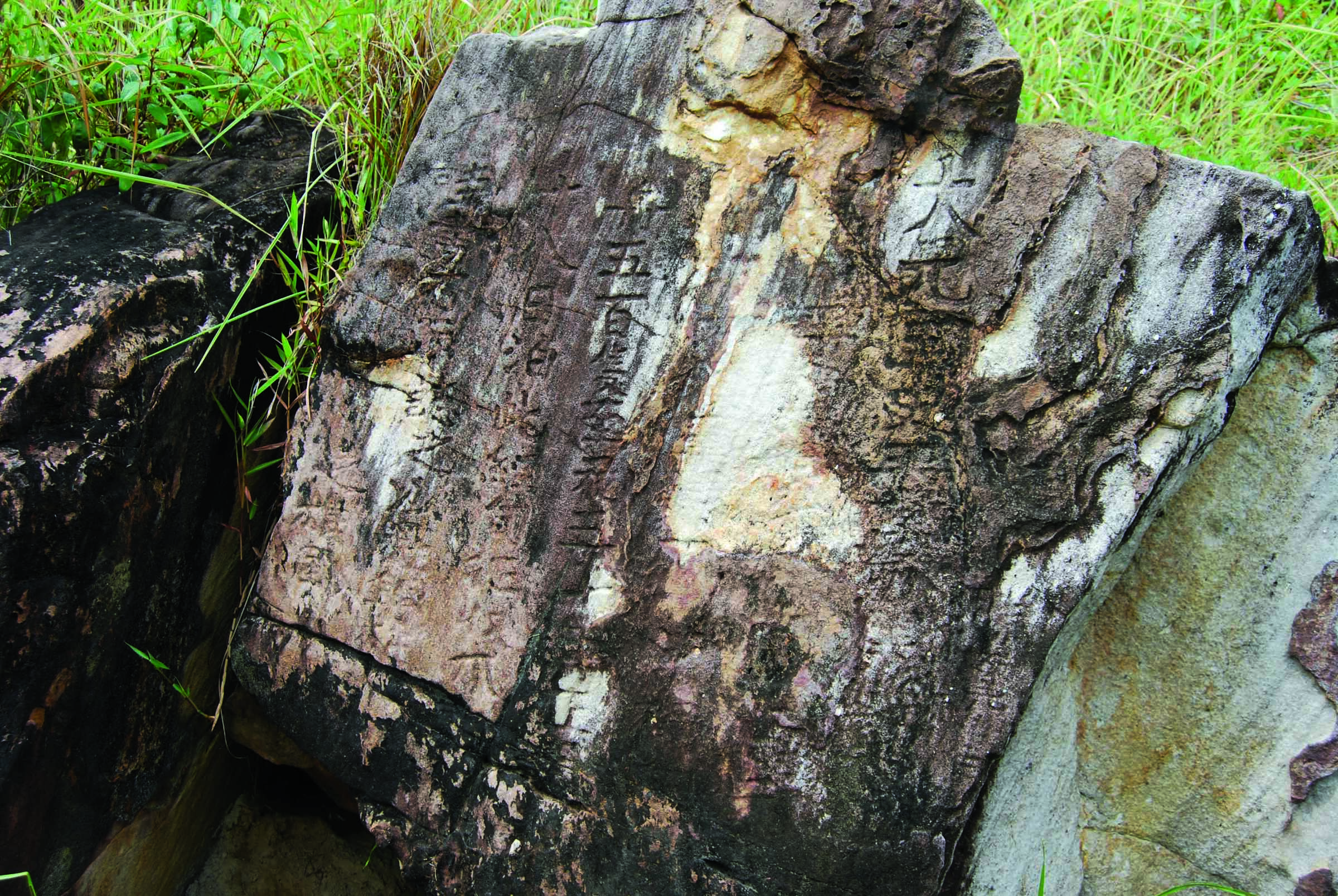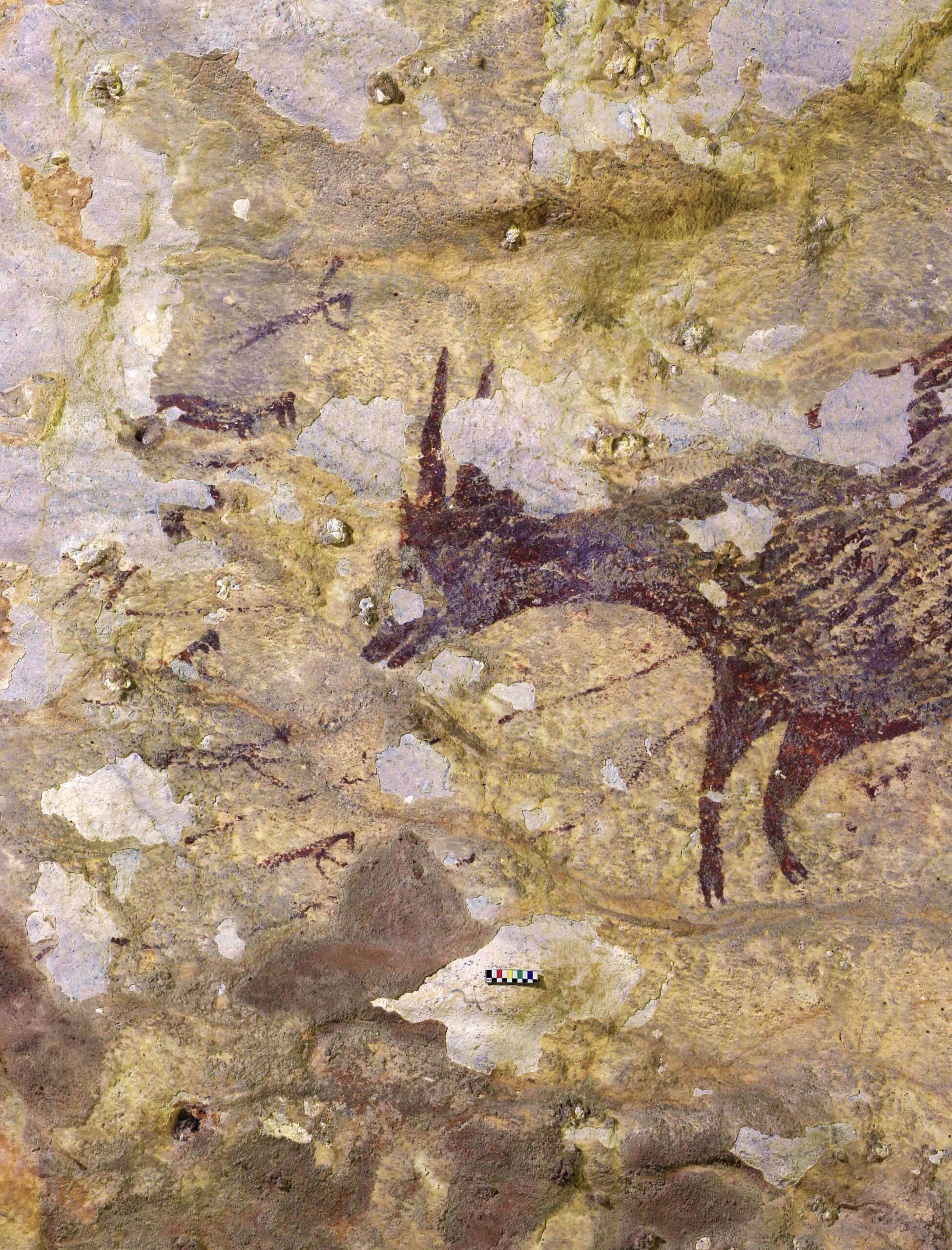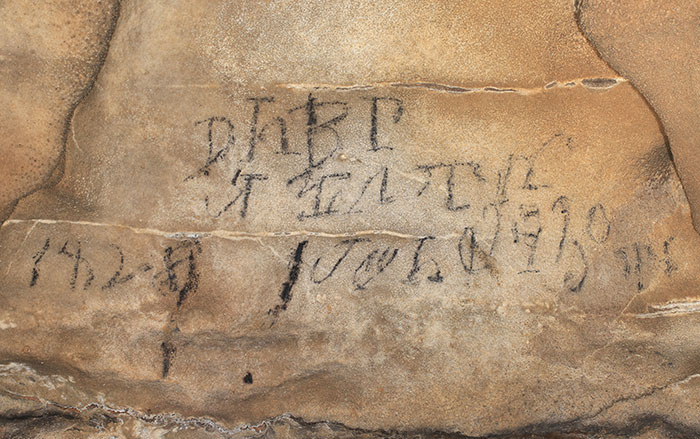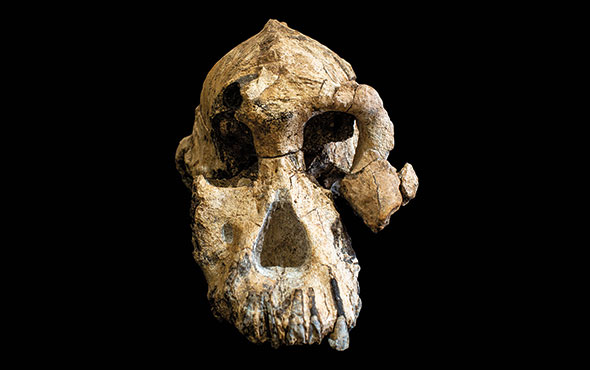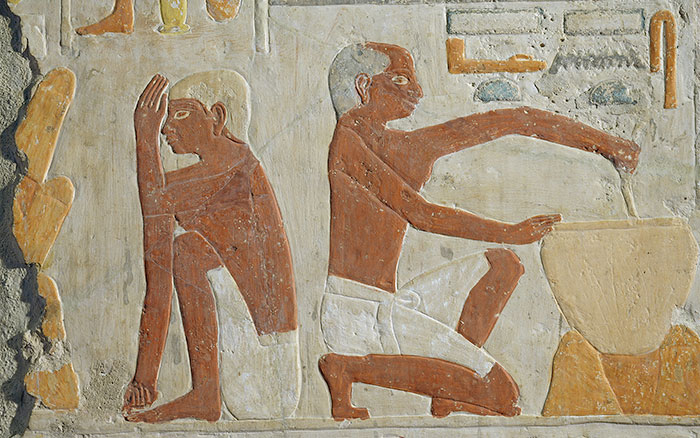
BANDUNG, INDONESIA—Science News reports that the last surviving Homo erectus individuals lived on the Indonesian island of Java between 108,000 and 117,000 years ago. Geochronologists Yan Rizal of Bandung Institute of Technology and Kira Westaway of Macquarie University and their colleagues returned to the site of Ngandong, where 12 H. erectus skullcaps and two lower leg bones were uncovered between 1931 and 1933. Previous studies have suggested the Ngandong fossils are between 53,000 and 27,000 years old, or even 550,000 years old. Rizal and Westaway pinpointed where the fossils had been recovered, and then unearthed animal fossils from the site for dating by measuring radioactive uranium decay. They also dated sediment samples collected above and below the fossils, and from a nearby mountain whose sediments contributed to the formation of the fossil deposits. The new dates indicate that H. erectus died out at least 35,000 years before modern humans arrived in Indonesia. For more, go to "Homo erectus Stands Alone," one of ARCHAEOLOGY's Top 10 Discoveries of 2013.



